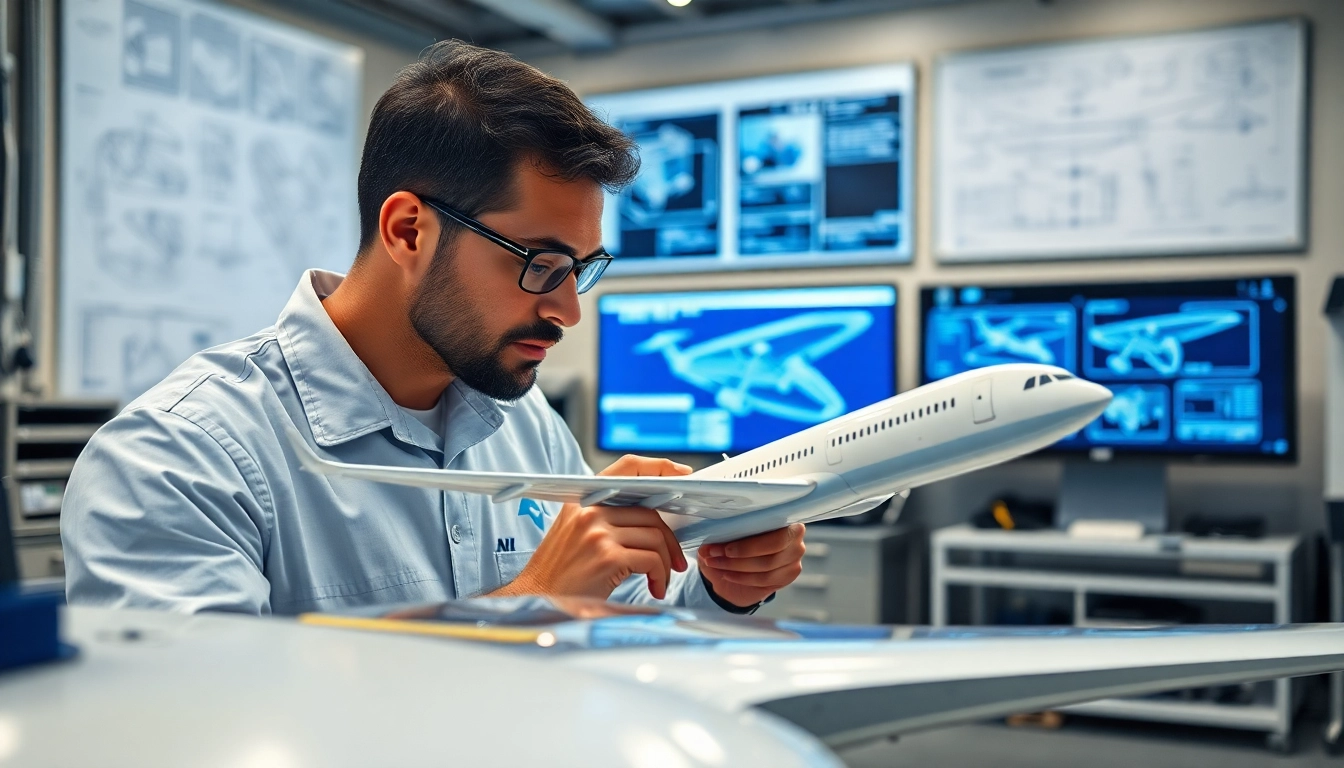Boeing’s Legacy: A Brief History and Milestones
The story of Boeing starts in the early years of the 20th century, founded by William Edward Boeing in 1916. Originally established as a small aircraft designer and manufacturer, Boeing has since evolved into the world’s largest aerospace company, known for its innovation in both commercial and military aviation. Understanding the history of Boeing provides insight into its significant contributions to aviation and aerospace technology.
Significant Historical Events in Boeing Development
Boeing’s development has been marked by several pivotal events. In 1927, the Boeing 40 became the first airmail and passenger aircraft, setting the stage for commercial aviation’s growth. The post-World War II decades saw Boeing expand its fleet, launching iconic aircraft like the B-17 Flying Fortress and later the B-29 Superfortress during World War II. The introduction of the Boeing 707 in 1958 revolutionized air travel, marking the beginning of the jet age and making long-distance air travel accessible to the masses.
Evolving Product Lines: From Military to Commercial Aviation
Throughout its history, Boeing has balanced military and commercial aircraft production, positioning itself as a leader in both sectors. The 737, introduced in the late 1960s, became the best-selling commercial jetliner in history and is recognized for its versatility across various airlines. Meanwhile, Boeing remains a key player in military aircraft, producing models such as the F/A-18 Super Hornet and the P-8 Poseidon, both critical to national defense strategies around the globe.
Boeing’s Role in Global Aerospace Collaborations
Boeing has always embraced collaboration, forging partnerships with various countries and organizations to enhance aerospace technology. One of the notable collaborations is with NASA on the Space Launch System, designed to facilitate deep space exploration. Additionally, Boeing’s joint ventures, like the one with Lockheed Martin to produce the Space Shuttle, reflect its commitment to advancing global aeronautical capabilities.
Key Technologies Pioneered by Boeing
As a leader in aerospace technology, Boeing has pioneered numerous innovations that have transformed the industry. The company has developed cutting-edge technologies that not only improve flight safety and efficiency but also advance the exploration of outer space.
Advancements in Jet Engine Technology
Boeing has made significant contributions to jet engine technology, crucial for enhancing performance and fuel efficiency in modern aircraft. The introduction of the 787 Dreamliner featured the Pratt & Whitney geared turbofan engine, which reduces fuel consumption significantly compared to its predecessors. This advancement highlights Boeing’s dedication to leading the charge towards a more sustainable aviation environment.
Innovations in Aircraft Design and Materials
Boeing has been at the forefront of using advanced materials in aircraft construction, which has led to lighter, more fuel-efficient aircraft. The extensive use of composite materials in the 787 Dreamliner, for instance, allows for a significant reduction in weight while improving aerodynamics. Innovations such as winglets, which reduce drag, further exemplify Boeing’s commitment to design advancements that prioritize efficiency.
Groundbreaking Contributions to Space Exploration
Beyond aircraft, Boeing’s engineering capabilities extend to space exploration. The company has been instrumental in developing spacecraft like the CST-100 Starliner, designed to transport astronauts to the International Space Station. The integration of technologies, such as automation and safety features in spacecraft design, underscores Boeing’s leadership in aerospace innovation.
Boeing’s Commitment to Sustainability
As the aerospace industry faces growing concerns about its environmental impact, Boeing has made sustainability a central part of its operations. The company has actively engaged in numerous initiatives aimed at reducing its ecological footprint.
Environmental Initiatives and Green Aircraft Technology
Boeing has launched multiple initiatives focused on developing the next generation of green technology. Programs like ecoDemonstrator test new innovations in sustainable aviation, assessing their potential for reducing emissions and fuel consumption. This commitment to sustainability extends to designing more eco-efficient aircraft such as the 737 MAX, which boasts improved fuel efficiency compared to its predecessors.
Reducing Carbon Footprint in Aviation
In an effort to combat climate change, Boeing strives to reduce its carbon emissions across all business practices. Through rigorous testing and the adoption of biofuels, Boeing works towards achieving a significant reduction in the overall carbon footprint of aviation. These efforts are geared towards the company’s goal of providing a more sustainable future for air travel.
Future Goals for Sustainable Development
Looking forward, Boeing aims to develop innovative solutions that will further enhance aviation’s environmental performance. This includes investments in electric and hybrid-electric propulsion systems, as well as the exploration of sustainable aviation fuels. Boeing’s long-term vision is to integrate these technologies into its future crafts, positioning itself as a leader in sustainable aviation.
The Global Impact of Boeing on Aviation
Boeing’s influence extends beyond manufacturing; it shapes the very fabric of global aviation. The company’s practices have defined industry standards and regulations while fostering an educational landscape for future aerospace professionals.
Educating Future Generations in Aerospace Fields
Boeing plays a vital role in STEM education and promoting awareness of aerospace careers. Through partnerships with educational institutions and the creation of scholarship programs, Boeing fosters the development of future engineers and pilots. Its commitment to supporting diversity and inclusion initiatives further enriches the aerospace workforce.
Boeing’s Influence on Aviation Regulations and Safety Standards
Having been a critical player in aviation for decades, Boeing has shaped regulations and safety standards worldwide. Its collaboration with regulatory bodies ensures that safety protocols are continuously updated to reflect the latest advancements in technology. Boeing’s rigorous safety standards not only enhance the reliability of its aircraft but also elevate industry-wide practices.
Economic Contributions to the Aerospace Industry
Boeing significantly contributes to the global economy, supporting millions of jobs across the supply chain. Its vast network of suppliers, contractors, and partners promote economic growth in numerous communities. Additionally, the revenue generated from aircraft sales leads to substantial tax contributions, which fund essential public services.
Challenges and Opportunities Facing Boeing
Despite its successes, Boeing faces a series of challenges in an ever-evolving aerospace industry. The company must navigate technological transformations and supply chain complexities while remaining competitive.
Adapting to Technological Changes
The rapid advancement of technology requires Boeing to continuously innovate. The need for agile development processes and integrated solutions is pressing. By investing in research and development, Boeing can effectively adapt to these changes, ensuring it remains at the forefront of aerospace innovation.
Overcoming Supply Chain Disruptions
Global supply chain disruptions have posed significant challenges for Boeing, leading to delays in aircraft production. To address this, Boeing is diversifying its supplier base and implementing advanced manufacturing technologies such as automation and robotics. This approach aims to minimize dependency on single-source suppliers and enhance operational resilience.
Future Growth Strategies for Boeing
To maintain its leadership position, Boeing is focusing on strategic growth avenues such as expanding its market presence in emerging economies and exploring new aerospace markets. Investing in digital services and enhancing customer experience through unparalleled support services reflects Boeing’s commitment to adapting to the future landscape of aviation.



